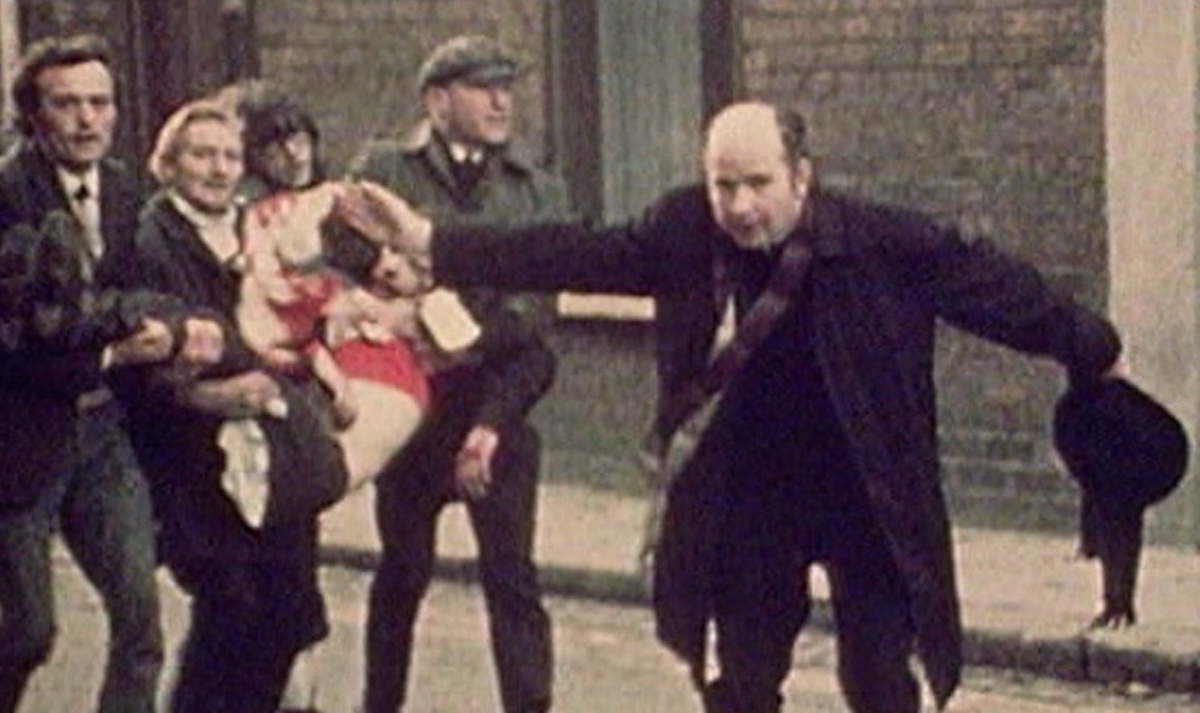
Relatives of Bloody Sunday victims seeking the prosecution of three former British soldiers have been denied permission to take their case to the Supreme Court in London.
British soldiers murdered 13 innocent civilians at a civil rights demonstration on the streets of Derry in 1972. A fourteenth man died later from his injuries.
Senior judges in Belfast refused leave to appeal a decision that three former soldies should not go on trial in connection with six of the killings.
Chief Justice Siobhan Keegan said there were no points of law of public importance requiring consideration by the Supreme Court.
Victims’ families brought legal challenges against earlier decisions which meant four of the former paratroopers would not face trial for some of the killings.
Only the prosecution of one soldier, Soldier F, was allowed to continue. That remains the case following the dismissal of a separate appeal to the Supreme Court in that case.
Sinn Féin Assembly memer Padráig Delargy said the announcement “is another devastating and heart-breaking blow to the families who have been campaigning for truth and justice for almost 50 years.
“The British State must be answerable for the crimes it has committed in Ireland.
“Through their dedicated and committed campaign the families exposed what happened for all to see and they are an inspiration to everyone challenging state injustice and cover-up across the world.
“Today’s decision comes as the British government is attempting to push through their amnesty bill, which will put its state forces, agents and proxies beyond the law and deny families their basic legal rights to an inquest, an independent investigation and to pursue civil actions.
“What families need to hear is that their legal rights will be protected, and they also need the mechanisms agreed at Stormont House in 2014 by political parties and the Irish and British governments implemented in a human right’s compliant manner.
“The British government should listen to the voices of victims and families and bin this flawed legislation without further delay.”
![[Irish Republican News]](https://republican-news.org/graphics/title_gifs/rn.gif)
![[Irish Republican News]](https://republican-news.org/graphics/title_gifs/harp.gif)

